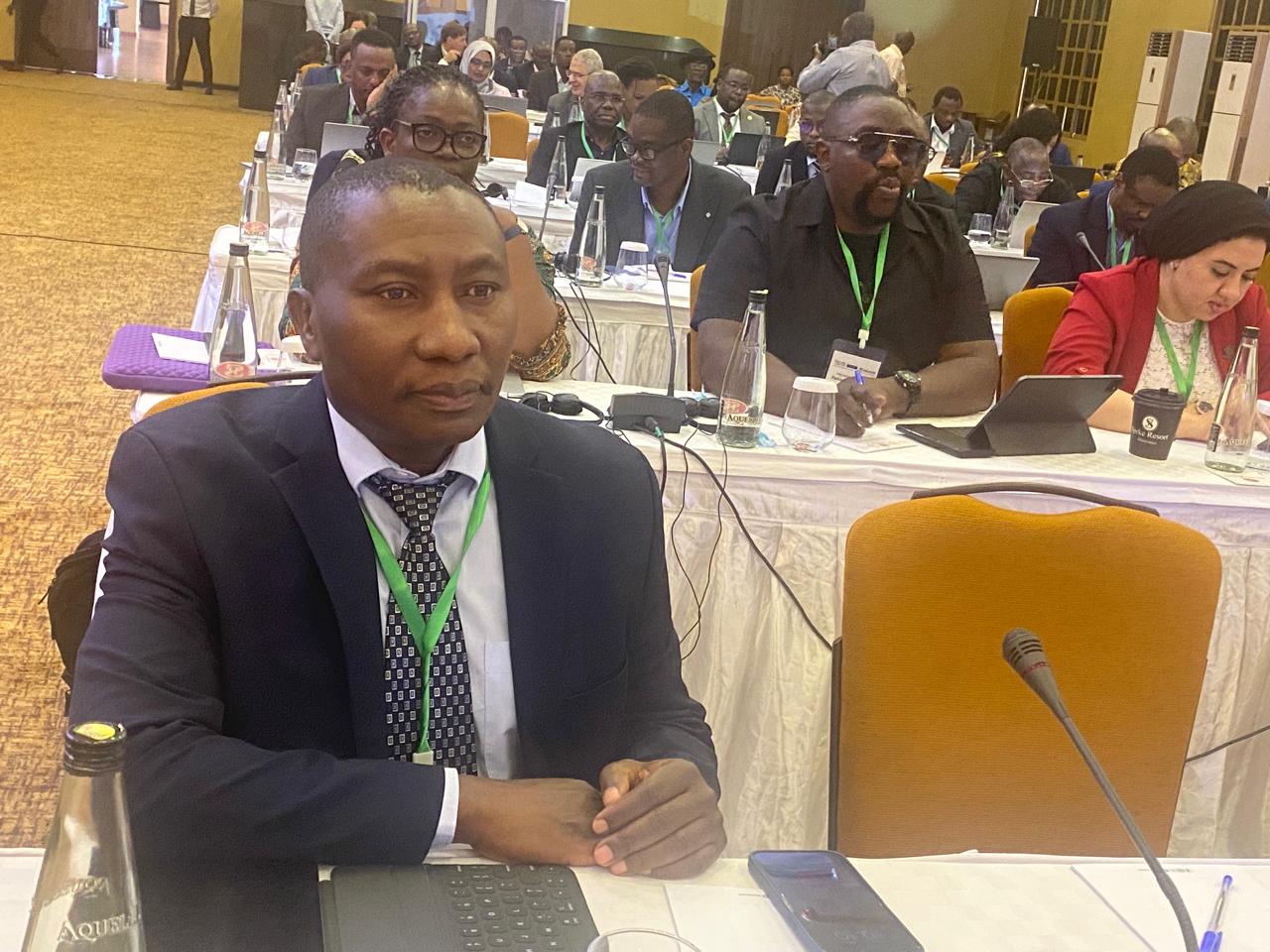With over 20 years of the existence of the Comprehensive Africa Agriculture Development Program (CAADP), the African continent now plans to adopt an agri-food systems approach so as to be able to achieve sustainable, resilient, and inclusive food systems transformation.
In his presentation during the Validation workshop of the Ten -Year CAADP Strategy and Action Plan (2026-2035), in Kampala, Uganda, the Director of Agriculture and Rural Development at the African Union Commission (AUC) Dr. Godfrey Bahiigwa, said that through the new action plan, the continent will be able “to create millions of local jobs, raise incomes, build social cohesion, and improve socio-economic stability.”
Dr. Bahiigwa said the Malabo Declaration which was launched in Malabo in Equatorial Guinea in 2014 comes to an end in December 2025, he noted that once the Kampala Declaration is adopted during the Extraordinary Summit set for Kampala in January next year, “the first thing that we need to do, collectively is to domesticate the Kampala Declaration into National Agricultural Investment Plans (NAIPs),” he said and added, “we did not do very well on that with the Malabo Declaration.”
The objectives of the new strategy include; Intensify sustainable food production, agro-industrialization, and trade, Boost investment and financing in transforming agri-food systems, Ensure food and nutrition security across the continent, Advance inclusivity and equitable livelihoods, Build resilient agri-food systems that can withstand and adapt to various shocks and stressors and Strengthen agri-food systems governance.
Dr. Bahiigwa notes that through leadership and ownership of the Kampala Declaration once adopted, it will be integrated into National and Regional Development Plans and to ensure its success, there will be need for improved resource mobilization as well as streamlining the involvement of non-state actors and strengthening parliamentary oversight.
The Director of Agriculture and Rural Development says that among the notable successes of the CAADP from 2003 to 2024 having had the Maputo Declaration and the Malabo Declaration in 2014 that ends next year in December, some of the impactful initiatives have included the establishment of the Biennial Review process, “which has been a key tool for mutual accountability and tracking agricultural progress,” says Dr. Bahiigwa.
The Maputo Declaration which was agreed upon by African Heads of State and Government in Maputo Mozambique in 2003 called on member states to allocate at least 10 percent of national budgets to agriculture with the hope of achieving productivity growth of at least six percent annually.
Its successor the Malabo Declaration which was agreed on by African Heads of State and Government in Malabo in Equatorial Guinea in 2014 put emphasis on commitments including; Recommitment to the Principles and Values of the CAADP Process, Recommitment to enhance investment finance in Agriculture, Commitment to Ending Hunger by 2025, Commitment to Halving Poverty, by 2025, through inclusive Agricultural Growth and Transformation, Commitment to Boosting Intra-African Trade in Agricultural Commodities and Services, Commitment to Enhancing Resilience in livelihoods & production systems to climate variability and other shocks and Commitment to Mutual Accountability to Actions and Results.





